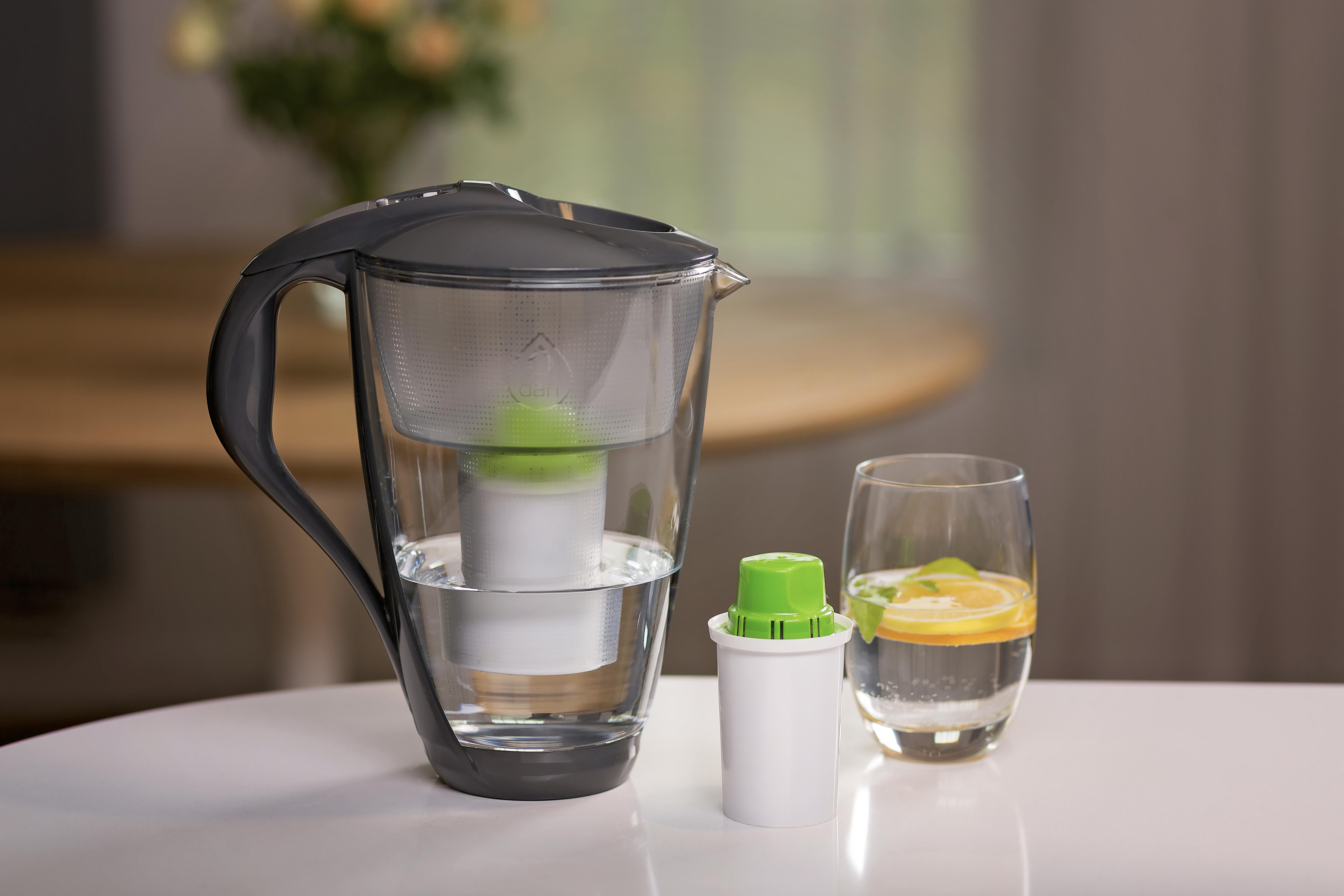Why pH is Crucial to Our Health
Usually people don’t consider alkalinity of their blood as a main factor contributing to their health. However, more and more doctors stress that proper pH level in our bodies is essential in maintaining good health and vitality. Appropriate pH protects us from inside out, preventing diseases and disorders from happening.
Why pH is crucial to health?
Imbalances in acid and alkaline levels in the body result in developing unhealthy organisms and damaging tissues and organs what significantly weakens the immune system.
What is proper pH?
What we call pH is short for the potential of hydrogen. It measures the alkalinity of fluids and tissues in our body on a scale from 0 to 14. The higher the number, the greater the alkalinity. Typically, pH level in the body fluctuates around 7.4.
What affects pH?
In normal conditions the kidneys maintain the appropriate level of electrolytes such as calcium, magnesium, sodium, and potassium. When we are exposed to acidic substances, those electrolytes are used to combat acidity. High levels of acidity force our body to obtain minerals from the bones, tissues, organs, and cells. Vitamins are absorbed less effectively. Toxins and pathogens accumulate in the body resulting in weak immune system.
What causes acidity in your body?
- Alcohol
- Antibiotics
- Artificial sweeteners
- Chronic stress
- Declining nutritional value in foods due to industrial farming
- Low levels of fiber in a diet
- Lack of exercise
- Radiation from building materials, cell phones, computers
- Excess animal meats in the diet
- Food coloring and preservatives
- Processed and refined foods
- Shallow breathing
What are the effects of acidity on health?
- Allergies and asthma
- Fatigue
- Frequent colds
- Headaches
- Inflammation
- Joint and muscle pain
- Skin problems
- Ulcers
- Weight gain
Results of long term acidosis:
- Arthritis
- Cancer
- Diabetes
- Fibromyalgia
- Heart disease
- Multiple sclerosis
- Osteoporosis
- Stroke
How to achieve a proper pH?
Even though there is multiple sources of acidity in everyday life, the most profound impact is made by our diet.
Fruits and vegetables contain plenty of potassium but unfortunately western diet consists of very little amounts of fresh and raw fruits and vegetables.
Processed foods contain lots of sodium chloride (table salt) which constricts blood vessels and creates higher acidity.
Eating too much animal protein results in an excess of sulfuric acid in the blood which is produced by the breakdown of amino acids.
All grains, no matter whether whole grain or not, are acidic. Standard diet in America consists of plenty of products with grains. The problem is that there is not enough alkaline foods consumed to neutralize the acidic effect of grains products on our body.
Calcium-rich dairy products tremendously contribute to the osteoporosis because they are acidic. If you consume too much acidic food your body will steal calcium (which is alkaline mineral) to combat acidity what will result in weaker bones and osteoporosis. The best way to prevent it from happening is to consume lots of alkaline green leafy veggies.
Acid-forming foods:
- Corn flakes
- Eggs
- Lentils
- Oats
- Beef, chicken, pork
- Milk
- Pasta
- Nuts
- Rice
- White bread
- Whole wheat
Some of the products are acidic in nature but it doesn’t mean that you should eliminate them from your diet. Foods such as nuts and eggs are an excellent source of healthy fats and proteins whereas oats, rice, and whole wheat pasta are good examples of healthy carbs. As long as we eat lots of alkaline fruits and veggies, consuming acidic foods should not be a huge concern. It is about finding the right balance and not about going from one extreme to another.
Alkaline foods
Alkaline foods include fruits, mushrooms, and vegetables (especially citrus, dates, raisins, and spinach). Interestingly, acidic fruits such as grapefruit or lemon are not acidic to our bodies. They are completely opposite.
Raw foods
It is true that cooking vegetables take away their alkaline value. Thus it is recommended to consume as much raw vegetables as possible or another option is to use a steamer what will prevent vegetables from losing their alkaline properties.
Alkaline water
Water is probably the easiest way for the body to absorb nutrients and minerals such as calcium, magnesium, sodium, and potassium. Besides that we drink (or at least should drink) plenty of water on a daily basis so it is convenient to increase the alkalinity of your body by consuming appropriate amounts of highest quality water. Unfortunately, regular bottled water or tap water won’t help someone who wants to neutralize acidity in her body. The pH of such water is usually between 7 and 8. Purified water is crystal clear so it doesn’t contain any minerals – to be honest, it just washes away electrolytes and minerals from the body. Alkaline water can be an excellent addition to alkaline diet for a person that wants to increase the alkalinity of her body and prevent diseases caused by inflammation such as arthritis, diabetes, and cancer.
Western diet is extremely high in processed foods which negatively impact the acid-base balance in human body. However, it is possible to stay healthy and avoid highly prevalent diseases caused by inflammation of the cells and tissues. You just need to invest some energy in creating good eating and lifestyle habits but once you do it, you won’t regret the moment when you decided to take care of your body.
Recent Posts
-
Dec 18th 2020 | Posted by Author: Shifa
EASIEST WAY TO GO ECO FRIENDLY IN 2021
-
Dec 18th 2020 | Posted by Author: Kelsie
Last Minute Christmas Gift Ideas Guaranteed to Arrive Before Christmas
-
Dec 14th 2020 | Posted by Author: Kelsie
A Healthy & Eco-Friendly Christmas Gift Idea





